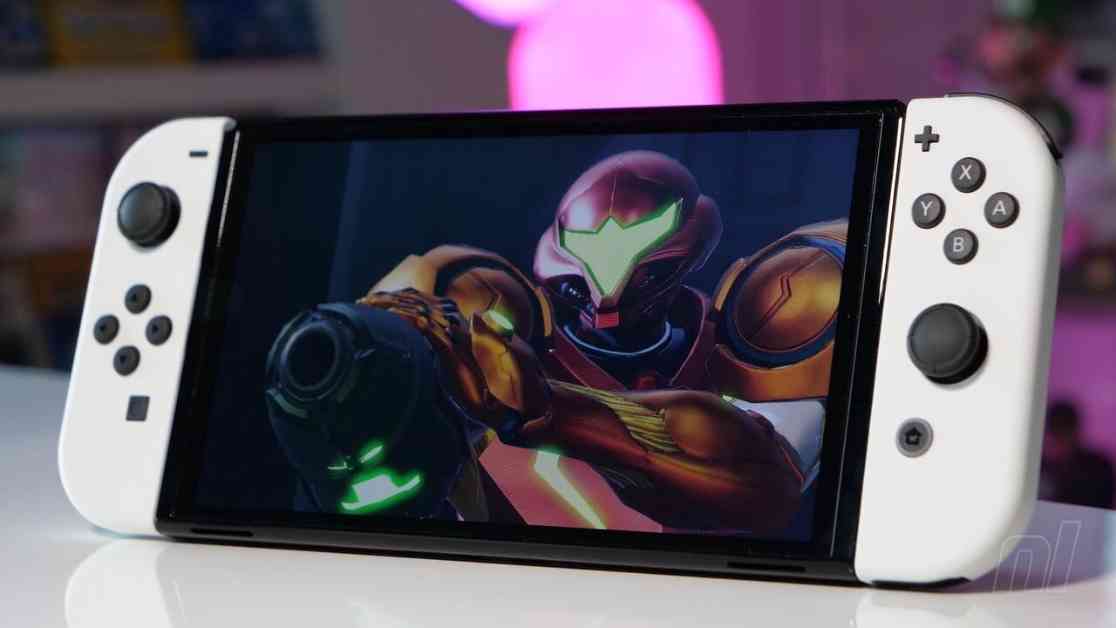Are Emulators Illegal? Nintendo Lawyer Explains Everything
In a recent lecture hosted by Japan’s Association of Copyright for Computer Software, Nintendo lawyer Koji Nishiura shed light on the legality of emulators and why Nintendo has been cracking down on them. Emulation has been a hot topic in the gaming community, with many wondering if using emulators is legal or not. Let’s delve into the details to understand the complexities of this issue.
The Legal Technicalities of Emulators
Nishiura, the deputy general manager of Nintendo’s IP division and a patent attorney, clarified that the legality of emulators depends on how they are used. While an emulator itself may not be inherently illegal, certain uses can cross the line. For instance, if an emulator bypasses a console’s encryption or security measures, it violates Japan’s Unfair Competition Prevention Act, prompting Nintendo to take action.
Another crucial aspect is how closely an emulator mimics a device. Nishiura emphasized that copying a device’s specific programs or offering links to download pirated games can lead to copyright infringement. This distinction is vital in understanding why Nintendo is vigilant in protecting its intellectual property and preventing illegal distribution of its software.
Nintendo’s Stance on Emulation
Nishiura highlighted a 2009 lawsuit involving Nintendo and other developers to combat the use of a tool for downloading pirated games. This historical context underscores Nintendo’s commitment to upholding copyright laws and safeguarding its software from unauthorized use. Recent lawsuits against popular emulators like Yuzu and Citra demonstrate Nintendo’s proactive approach in enforcing its rights and deterring infringement.
As the gaming landscape evolves, the debate around emulation legality continues to spark discussions. While some may view Nintendo’s actions as stringent, others applaud the company’s efforts to protect its creations and support the wider developer community. Ultimately, the balance between innovation and intellectual property rights remains a complex issue in the digital age.
Share Your Thoughts
What is your take on Nintendo’s stance on emulators? Do you believe the company is justified in its pursuit of legal action, or do you think there should be more leniency in emulation practices? Join the conversation and let us know your perspective on this ongoing debate. Remember, respecting intellectual property rights is crucial for fostering creativity and innovation in the gaming industry.
















